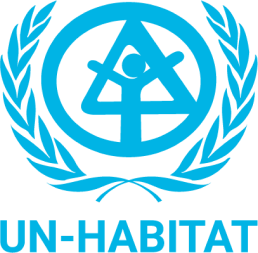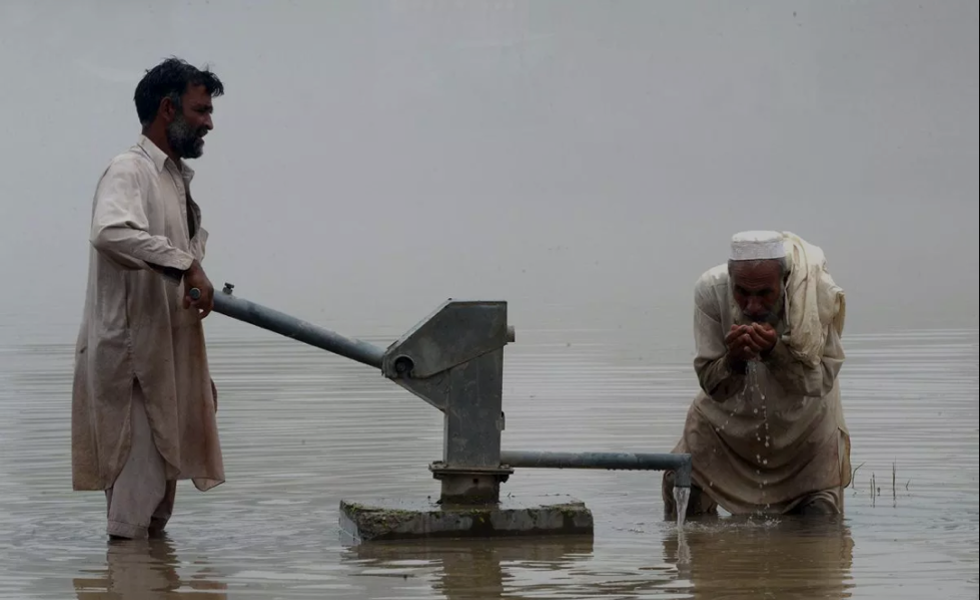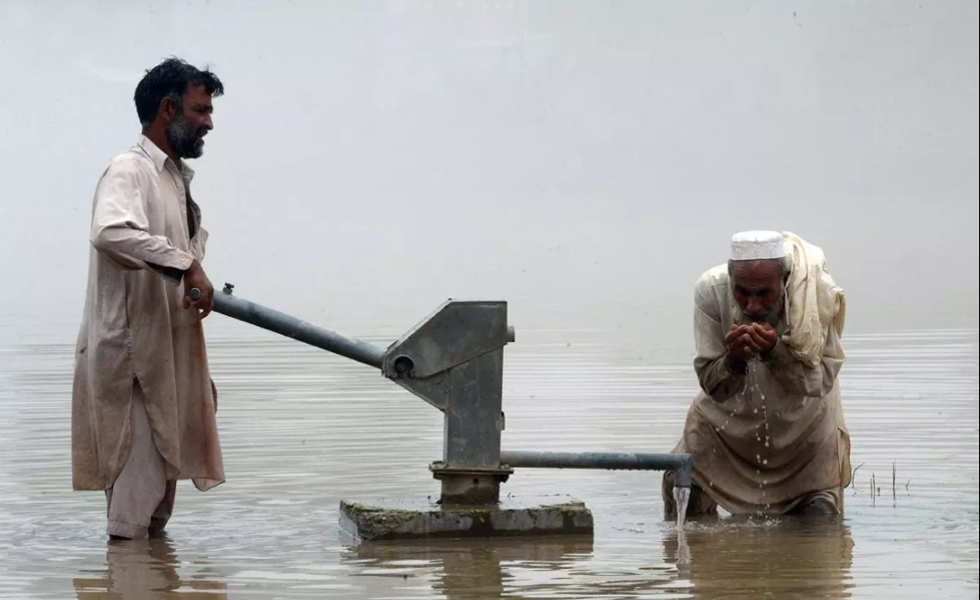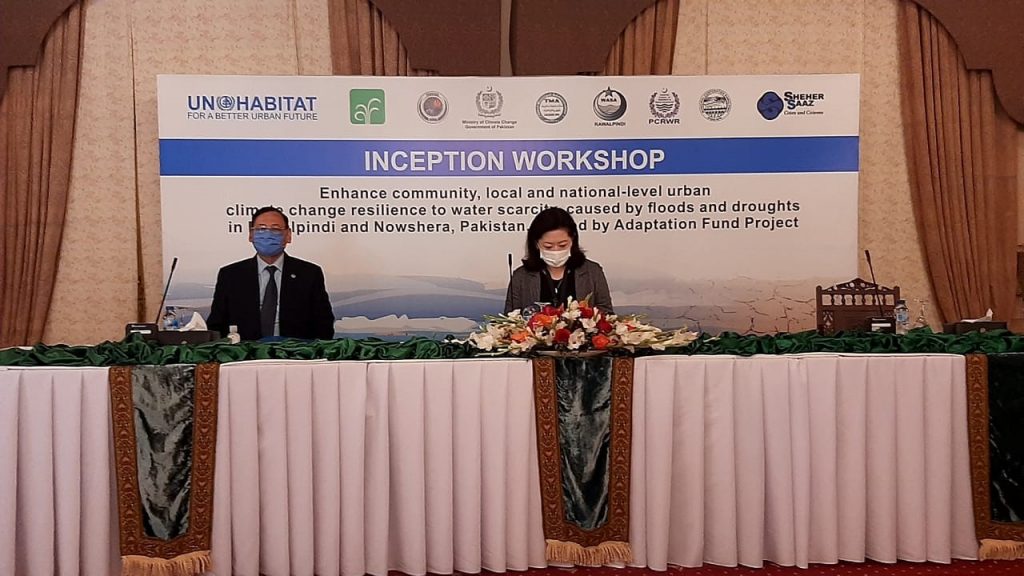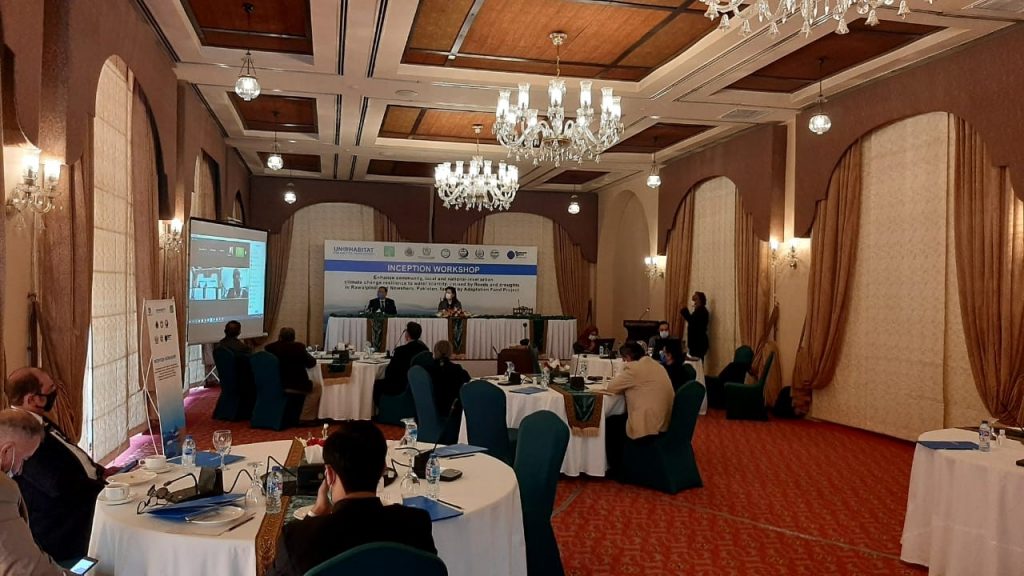Background
In Yangon, informal settlements have developed in all parts of the city. Most of the growth however is spatially
Recurring floods damage the lives of individuals, destroy infrastructure and render much drinking water infra-structure unusable in affected areas. In addition, unplanned urban sprawl has led to encroachment on riverbanks and other flood-prone areas. On the River Kabul in Nowshera, in Khyber Pakhtunkhwa Province and the Nullah Lai River in Rawalpindi, Punjab Province, floods exacerbated by poor drainage and settlement en-croachment are repeatedly affected the poorest and most vulnerable people. Tube wells get submerged and access to potable, safe water becomes difficult. As the majority of people depend on water from these sources for drinking, cooking and domestic use, floods have very serious effects – counterintuitively leaving hundreds of thousands of people without access to safe, clean water. Recurrent floods have been known to contaminate groundwater down to a level of 100 feet (30.5 m) and thus affect people who depend on pumped ground water. Further water contamination occurs because of improper solid waste disposal, which clogs drainage channels. The urban poor are then the most affected as they can’t afford deeper boreholes (which may not be effective anyway). This leads to serious outbreaks of disease during flood periods, which particularly affects women, children, the elderly and those with underlying medical conditions. In Rawalpindi, for example, a recent study showed that the majority of water sources had indicator microorganisms beyond WHO permissible limits.
Water harvesting initiatives and facilities are very limited in Pakistan. The limited facilities in existence rely on techniques that are not well developed their ability to reduce flood impacts or adapt to climate change more generally has not been established. Therefore, the proposed approach of this project is necessary as well as cost-effective in the Pakistan urban context. To scale the project’s approach, a national urban strategy will be developed, focusing on climate change impacts, particularly floods and water scarcity (and resulting public health problems), while also employing a spatial planning approach.
At the district, city and community levels, a comprehensive approach will be adopted to address water scarcity issues in a flood-resilient manner using innovative techniques. These community plans and city level spatial planning strategies will contribute to reducing climate change risks and impacts beyond city boundaries across multiple sectors.
Objectives
The Project’s main objective is to enhance community, local and national-level urban climate change resilience to water scarcity, caused by floods and droughts in Rawalpindi and Nowshera cities.
Project Components
- Component 1: Community level activities: Enhance community and household level flood resilient water harvesting facilities (using innovative techniques) and to strengthen capacities to plan, construct, operate, maintain and replicate these;
- Component 2: District / city level activities: Enhance city and district-level water harvesting facilities in public buildings and on water storages in public gardens, develop district / city level spatial strategies as tool to assess climate change related floods, droughts and water scarcity to plan for and manage climate change risks and to strengthen capacities to plan, construct, operate, maintain and replicate water harvesting facilities in public buildings and gardens;
- Component 3: National level activities: Strengthen national level capacity to guide / direct city level development considering climate change and disaster risks and impacts, especially water scarcity caused by floods and droughts.
Donors and Key Project Stakeholders
Donor:
Adaptation Fund
Key Project Stakeholders:
Ministry of Climate Change, Ministry of Water Resources, National Disaster Risk Management Authority. Pakistan Council for Research on Water Resources, Water and Sanitation Authority, Rawalpindi, Tehsil Muncipal Corporation, Nowshera, and Shehersaaz
